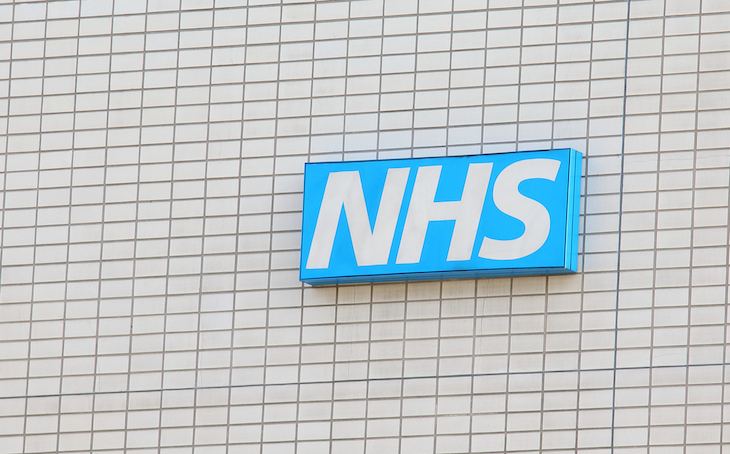Mums begging for help and being ignored, mums in labour turned away from hospital and sent home sometimes for days and days, midwives and obstetricians who are supposed to care instead shrugging and rolling their eyes, the most basic failures in care – observations not done, monitoring ignored, an air of lackadaisical ignorance and complacency. Babies fade away and die on the very brink of life, coming into the world silently, or die within hours or days of birth because of catastrophic failings of care during labour, or are born alive but their brains irreparably injured by oxygen deprivation, leaving them with serious disabilities and shortened lives.
While Secretary of State Steve Barclay and responsible Minister Maria Caulfield, along with leaders across the NHS, insist that maternity care is safe, the truth is that giving birth in this country is a roll of the dice. You might get lucky and receive good care. You might receive terrible, dangerous care leaving you traumatised but you and your baby physically whole, or you or your baby might die.
That’s what happened to my daughter, Beatrice. I begged and pleaded for help that never came, left to labour without proper care hour after hour. Later, when help finally came, three midwives and two doctors stood by as the CTG trace monitoring my girl’s heart showed her struggling and then dying.
Investigations since Beatrice’s death in May 2022 have shown that we should have been rushed for an emergency caesarean, and that, if we had, she would have lived. My baby Bea would be 17 months old now, toddling around, noisy, and so very loved.
But here we are. Beatrice is dead, and a large part of me, the person I used to be, is dead too.
Statistics show that this happens quite literally every day. They also show that the most serious kinds of harm – the deaths and brain injuries of full-term babies who with proper care would be healthy and live – happen at every NHS Trust in England. And instead of getting better, those same statistics show that it’s actually getting worse.
The inequalities in this are stark – black women and babies are dramatically more likely to die than white, and Asian women and babies die at higher rates too. If you come from a more deprived background, you are also more likely to die or see you baby die. But the truth is that it can and does happen to anyone, even doctors who work in the very same hospital have been bereaved by this negligence. No one is truly safe, and as a patient in labour, vulnerable and at the mercy of midwives and obstetricians, there is nothing you can do to protect yourself.
The reasons babies avoidably die are obvious and have been well known for a long time
The avoidable harm caused by our failing, broken, NHS maternity services is not limited to deaths and brain injuries. Every year, around 30,000 women suffer birth trauma, a kind of PTSD that has life-long effects. Unknown numbers of women, because the NHS does not even bother to properly count them, leave hospital with physical injuries and pain that lasts for years. Having been failed in childbirth these women frequently go on to be ignored all over again when they seek help, and couples who previously wanted more children decide to stick with one, unable to contemplate going through the horror again.
When it comes to clinical care and best practice, there is no mystery. The reasons babies avoidably die are obvious and have been well known for a long time – clinicians taking care of mums and babies have the theoretical knowledge to save them. The problem is that too often they don’t.
It simply cannot go on. But it does go on, with the same failures found repeatedly all over the country, stretching back almost a decade. The government and NHS leaders point to the many, many investigations, reviews and national schemes that have taken place, as well as the additional money put into maternity over recent years.
The sad truth is that an enormous amount of effort has been put into things that simply have not worked. Some things may have changed, but the most important things have remained stubbornly the same. The reasons are many and complex, with barriers to change including bad leadership, a culture of complacency, tribalism between professions, regulation of both hospitals and clinicians that is not fit for purpose, broken governance, poor education and ongoing training, and an ideological commitment by some to pursue ‘natural’ birth at any cost, which, in too many cases, has meant life saving interventions were delayed or denied.
It’s time now to stop babies dying. Time to break the cycle of investigations, ‘lessons’, and action plans that don’t work. Time to take a new approach.
That’s why I and a group of other bereaved families and maternity campaigners have joined forces to call for a statutory national public inquiry on maternity safety. We believe this whole system analysis is the only way to break through the inertia and stop our precious babies dying.






Comments